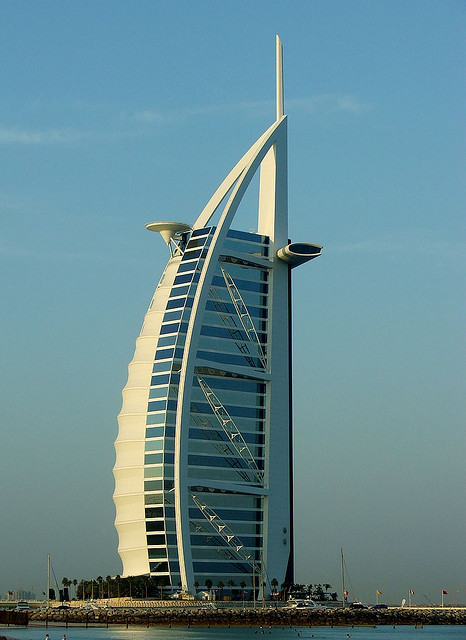Does Middle East Harbour Fears of Oil Drying Up?
/MIDDLE EAST - Will the world soon experience a major oil and gas crunch? Many global countries are gradually becoming self-dependent and planning to adopt new drilling technologies in the hope of discovering their own oil reserves. The Middle East, which has long maintained its stature as the world’s largest oil exporter, now feels great pressure. Someday the oil reserve will dry up under the burden of consumption of a vast volume of barrels of crude oil per day.
Governments and those involved in framing policies in the Middle East are now aware that the world’s oil fields are depleting at a rate of 9.1% per year, which is terrifying. It has been reported that if nothing is done to overcome the threat, then oil production could fall 38% in only five years. A recent report in the Guardian revealed that conventional sources of oil are expected to continue to decline and future oil demands will need to be satiated through more unconventional resources.
This is a matter that requires immediate attention for most of the oil producing nations in the Middle East. What if the economic highs created by the precious oil drop down to nothing? This very fear has brought economic diversification to the center stage. The only saving grace that can protect the global population from experiencing this painful outcome is to introduce a diversification strategy.
The concept of economic diversification is to improve the GDP. Economic diversification is a process that generates a growing range of economic outputs. This diversifies the markets for exports or income sources outside of domestic economic activities (i.e. income from overseas investment). The Middle East and its constituting nations have adopted the concept, where previously they were characterized by the lack of it.
Other sectors will now stand with pride and make their own contributions to the GDP and thus lead to a flourishing fiscal health. At the moment, private sectors are the first visible output of the economic divergence protocol.
Price and demand are two of the most important aspects of the global economic system and fiscal diversification is one way to escape the complex phenomenon. Countries and their respective economic systems are experiencing problems such as low growth rates, lack of public and private incentives to accumulate human capital, lack of competition in manufacturing, and similar problems. This is something that has coaxed the countries in the Gulf Cooperation Council to opt for economic diversification.
Economic diversification can reduce a nation’s economic volatility and increase its real activity performance. With oil consumption going up at a very steep rate, diversification is something that can pacify the fear in the Middle East associated with its diminishing oil reserve.
The answer lies in the relationship between fiscal divergence and private sector economic reforms. The theory suggests that diversification will help increase the private sector and will lower the contribution of the public sector to a certain level. One of the reasons for more private sector involvement is that a part of economic divergence relates to the issue of the foreign direct investments. A report from LSE suggests FDIs can bring in capital, create new jobs for people living in the Middle East, encourage development of new technology, and formulate management methods. These will help the countries build and expand their societies and knowledge communities.
It can safely be said that the potential of the Middle Eastern nations to attract FDI is severely limited without a well-functioning private sector. The growth of the private sector in the overall GCC economy has not only brought a fresh breath of air but has also created ripples in the employment market as a whole. The premise is simple: Take the revenue from oil and gas and invest it in other budding industries and sectors.
The expectation of fiscal diversification is freedom from the monopoly of oil and gas revenue on the GDP, and newcomers entering the economic arena. The Gulf would soon be relieved from the fear of depleting oil reserves and could still manage the country with a growing private sector. There would be well-paying jobs in the Middle East and the standard of living would still be maintained.
Follow Vinita on Twitter Twitter: @nahmias_report Middle East Correspondent: @vinita1204
Related articles
Sustained drop in oil price 'could slow Gulf economies': S&P (menafn.com)
Morocco PM to GCC investors: we are one family (therebel.org)
Saudi Arabia urges Egypt to end row with Qatar (yalibnan.com)
Sustained drop in oil price 'could slow Gulf economies': S&P (dailymail.co.uk)
Dubai developer Damac reports 166% surge in Q3 profits (alrasub.com)



















